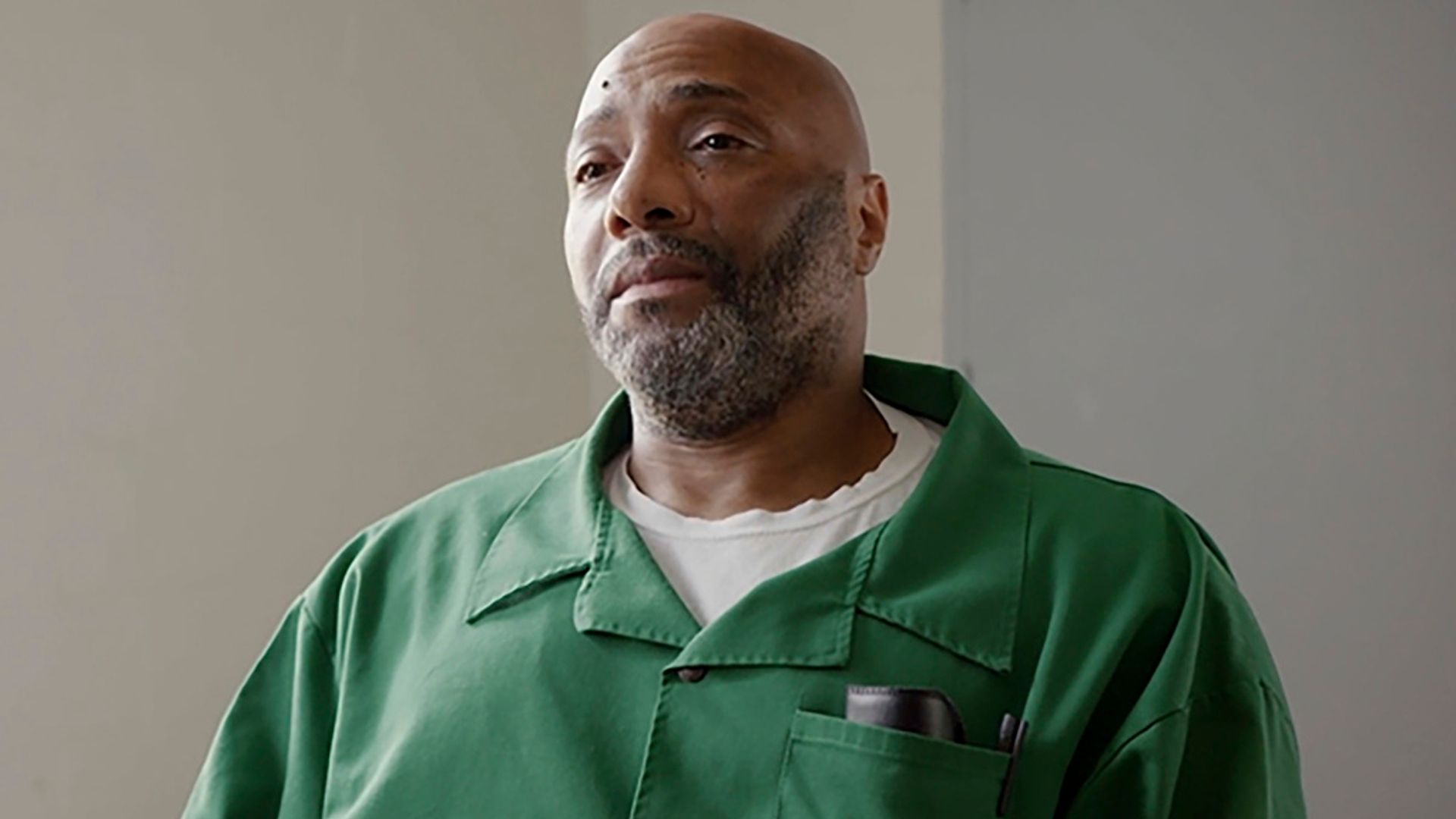
New York governor Kathy Hochul signed the moratorium, prohibiting any new mining operations that aren’t based on 100% renewable energy.
The state of New York became the first one in the United States to impose a moratorium on proof-of-work (PoW) mining, albeit only for two years. Last week, New York governor Kathy Hochul signed the moratorium into a bill, prohibiting any new mining operations that aren’t based on 100% renewable energy. The renewal of licenses would also be frozen. In eight months, the anti-mining bill made its way from the first passing through the state Assembly to the governor’s pen.
The statewide development seems unlucky for New York City mayor Eric Adams, who is focused on making the city a crypto hub. Commenting on the moratorium’s signing into law, Adams sounded more peaceful than he was in June when he promised to ask the governor of the state to veto the document. This time Adams pledged to work with the legislators “who are in support and those who have concerns” and come “to a great meeting place.”
At the end of the day, the state of New York remains perhaps the least welcoming place for crypto due to its regulatory regime: Not only do the miners have to get a fully renewable power source now, but the trading platforms are struggling since the hard-to-get BitLicense introduction in 2015. However, some officials believe the national crypto laws should look more like New York’s.
US senators urge Fidelity to reconsider its Bitcoin offerings
United States senators Elizabeth Warren, Tina Smith and Richard Durbin have renewed their calls for Fidelity Investments to reconsider offering a Bitcoin (BTC)-linked 401(k) retirement product. In a letter addressed to Fidelity Investments CEO Abigail Johnson, the three senators said the recent fall of FTX is more reason than any for the $4.5 trillion asset management firm to reconsider its Bitcoin offering to retirement savers.
The senators also added that “charismatic wunderkinds, opportunistic fraudsters, and self-proclaimed investment advisors” have played a huge role in manipulating the price of Bitcoin, which in turn has impacted 401(k) retirement savings holders who have invested in Fidelity’s Bitcoin product.
The Reserve Bank of India to launch a retail CBDC pilot in December
The Reserve Bank of India (RBI) is in the final stage of preparing the rollout of the retail digital rupee pilot. Each bank participating in the trial will test the central bank digital currency (CBDC) among 10,000 to 50,000 users. To integrate the new payment option, the banks will collaborate with PayNearby and Bankit platforms.
The CBDC infrastructure will be held by the National Payments Corporation of India (NPCI). Reportedly, at some point, the pilot is going to include all the commercial banks in the country. Earlier the RBI launched the wholesale segment pilot for the digital rupee, with the main use case being the settlement of secondary market transactions in government securities.
Tornado Cash developer to stay detained until next year’s hearing
A Dutch court hearing ruled that the Tornado Cash developer Alexey Pertsev would be held for another three months as the investigation continues. The prosecution outlined a broad overview of its investigation, painting Pertsev as a central figure in Tornado Cash’s operation before Advocate WK Cheng delivered his first defensive argument. The advocate confirmed that the first session has been postponed to Feb. 20, 2023, and reiterated his belief that the state had presented a one-sided interpretation of Pertsev’s involvement with Tornado Cash.
Turkey seizes FTX assets amid the ongoing investigation
Turkey’s Financial Crimes Investigation Board (MASAK) has seized assets belonging to Sam Bankman-Fried after launching an investigation into FTX’s affairs in the country. The Turkish investigatory body found that FTX TR failed to safely store user funds, embezzled customer funds through shady transactions, and manipulated supply and demand in the market by having customers buy and sell listed cryptocurrencies that were not backed by actual cryptocurrency holdings.
As a result of these findings, MASAK seized Bankman-Fried’s and affiliates’ assets after finding strong “criminal suspicion” on the above-mentioned points. A LinkedIn post from FTX TR noted that the exchange had over 110,000 users and processed an average monthly transaction volume of $500 million–$600 million since the launch of its mobile application earlier in 2022.








